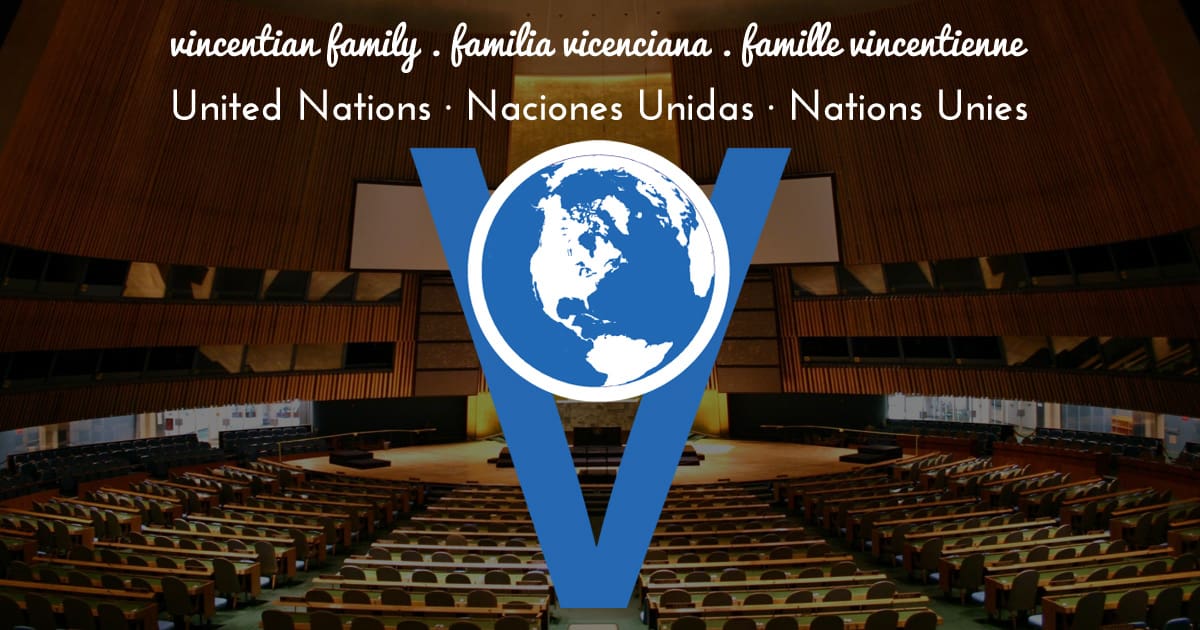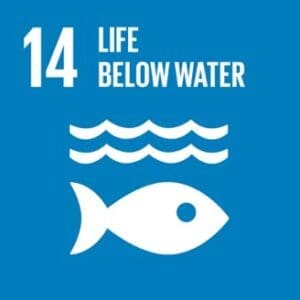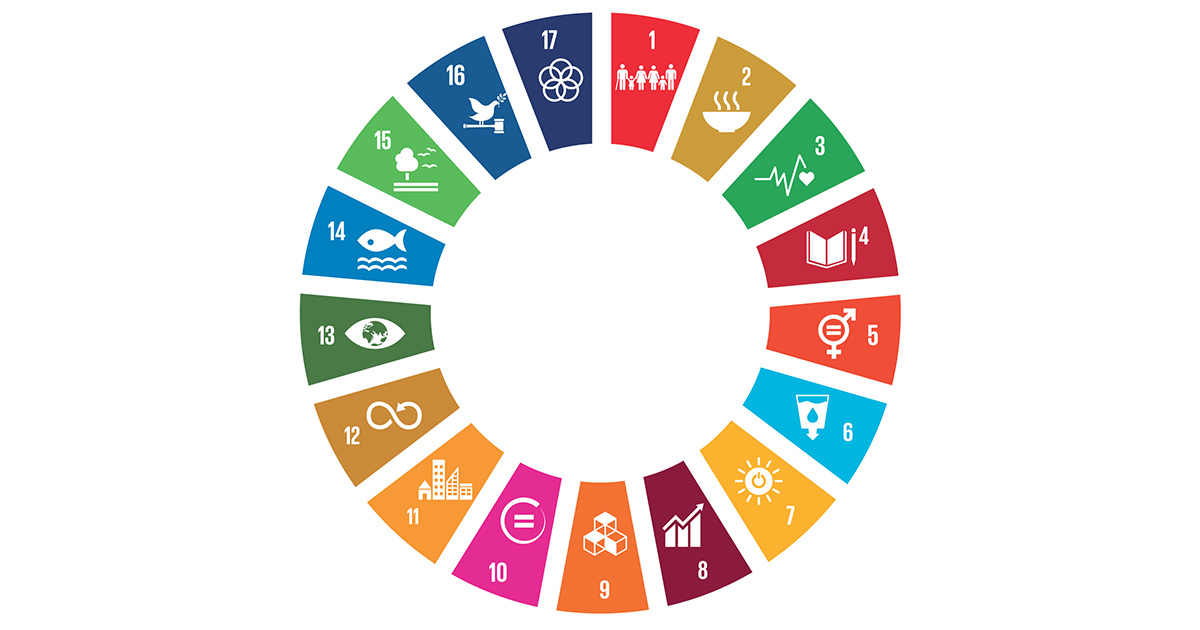Sustainable Development Goal 14: Life Below Water
SDG14: Life Below Water
Life below water? Why should I care—I live above water! Sustainable Development Goal 14 talks about life below water, and we should care, and we must if we want sustainable resources for a healthy future.
Did you know that about 71 percent of the Earth’s surface is water-covered, and the oceans hold about 96.5 percent of all Earth’s water? Just think, for a moment, where we would be without our oceans. The issue extends much further than a lack of beach vacations. In fact, the UN notes that without oceans, the earth would not be a habitable planet.
“Our rainwater, drinking water, weather, climate, coastlines, much of our food, and even the oxygen in the air we breathe, are all ultimately provided and regulated by the sea.”
Our waterways serve many functions. Besides feeding us, regulating the climate and producing much of our oxygen, they also serve as the “foundation for much of the world’s economy, supporting sectors from tourism to fisheries to international shipping.” Luckily, prioritizing our waterways has increased recently, and according to the UN, “97 countries signed the Agreement on Port State Measures, the first binding international agreement on illegal, unreported and unregulated fishing.” Likewise, COVID-19’s impact on reduced human activity has given our oceans a bit of time to breathe and heal. Still, pollution and acidification continue to threaten our marine ecosystems.
So what can we do? Or as the Vincentian question states: what must be done? In our daily lives, there are several steps we can take to reduce the harm we might cause. Firstly, we can avoid single use plastics and try to live a more minimalist lifestyle. That’s a heavy lift and not likely to be attractive to many of us, but something must be done.
We could eat only fish certified by the Marine Stewardship Council (MSC), and less of it as 85% of the world’s fisheries are fully- to over-exploited, depleted, or in a state of collapse. We can switch to eco-friendly products while being aware of false green-marketing. We can actively work to reduce our carbon footprint. Eat, shop, plan and live strategically with the environment in mind. As we grow more aware, we can share our actions with others to start a growing movement of people who care about life- above, below, between or behind water- recognizing the intricate connection of it all, and especially the connections we all have with one another.
Jim Claffey
NGO representative of the CM to the UN
Chloe Bergeron, UN intern for the CM
congregationofthemissionUN@gmail.com
www.Congregationofthemission-un-ngo.com
Twitter: @cmunnyc
Facebook: congregation of the mission un











Thanks again. But those beach vacations?